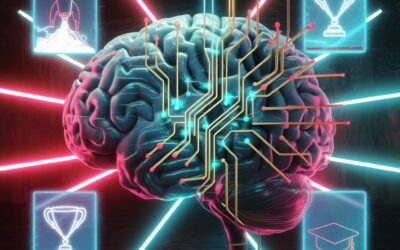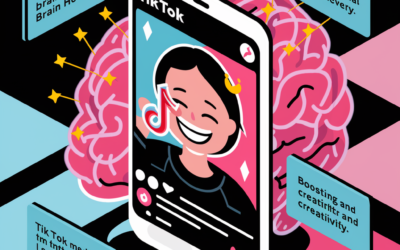Mindsets are not fixed and unchangeable; they can evolve and adapt over time. They play a pivotal role in determining how individuals approach various aspects of life, such as challenges, opportunities, relationships, and personal growth. There are different types of mindsets, each with its own distinct characteristics and implications for one's life.
One crucial aspect of a mindset is its influence on an individual's attitude toward challenges. Some mindsets view challenges as obstacles to be avoided or feared, while others such as the growth mindset, see them as opportunities for growth and learning. The former tends to resist challenges, fearing failure and seeking comfort in the familiar, while the latter embraces challenges, viewing them as a chance to expand their capabilities and knowledge.
Furthermore, mindsets significantly impact how individuals respond to failure and setbacks. Those with a particular mindset may interpret failure as a reflection of their intrinsic abilities, leading to feelings of inadequacy and discouragement. Conversely, individuals with a different mindset tend to see failure as a natural part of the learning process, promoting resilience and a willingness to persevere.
The concept of a mindset is essential because it can have profound effects on personal and professional development. A positive, growth-oriented mindset can foster a sense of agency and empowerment, encouraging individuals to take on new challenges and pursue their goals with determination. It can also promote a more constructive approach to feedback, as those with such mindsets are more likely to see criticism as an opportunity for improvement rather than a personal attack.
Conversely, a negative or fixed mindset can hinder personal growth and limit one's potential. It can lead to avoidance of challenges, reduced willingness to learn from failures, and a general sense of stagnation.
In conclusion, a mindset is a fundamental aspect of human cognition and perception. It is the lens through which individuals view and engage with the world, impacting their approach to challenges, resilience in the face of adversity, and overall well-being. Recognizing the power of one's mindset and actively cultivating a positive, growth-oriented perspective can lead to more fulfilling and successful life experiences.
























